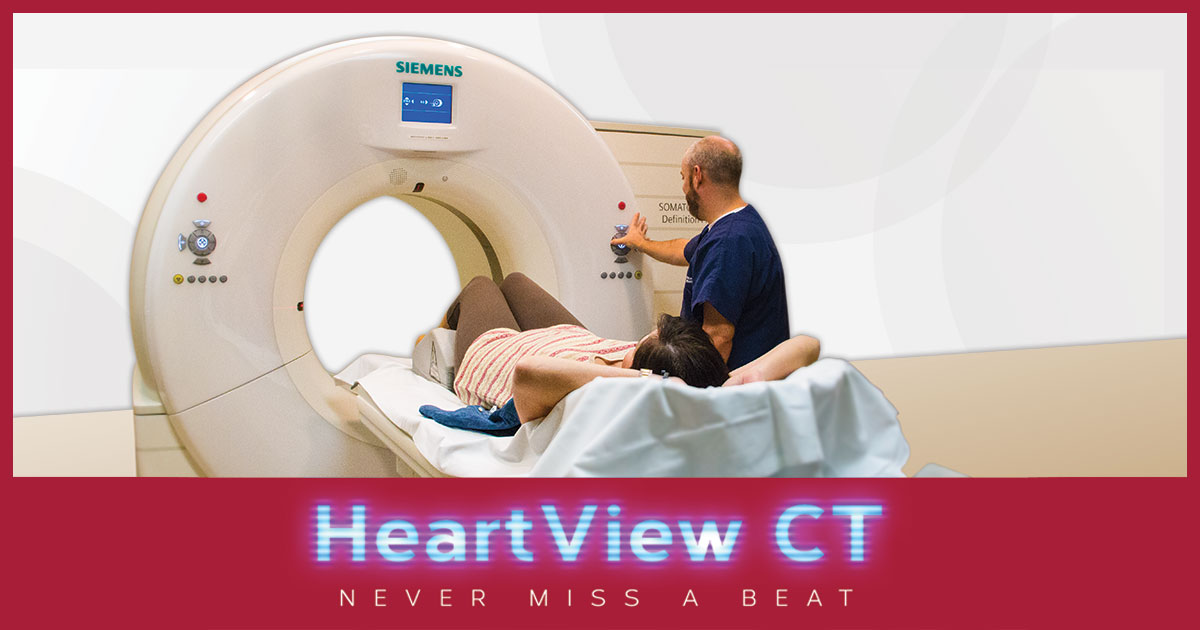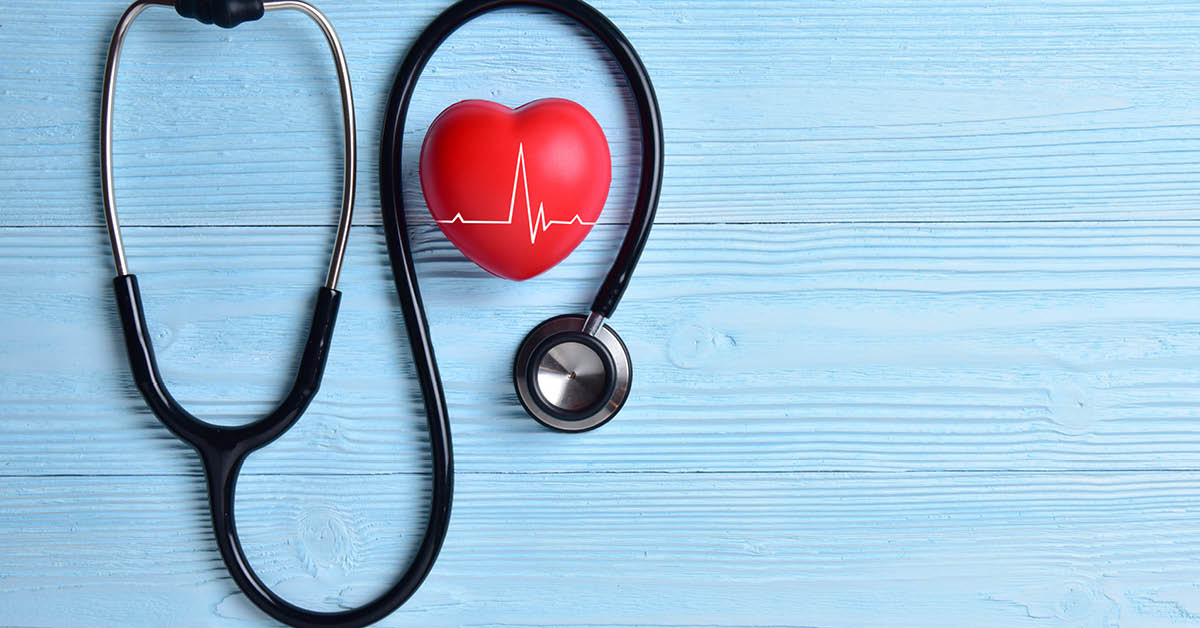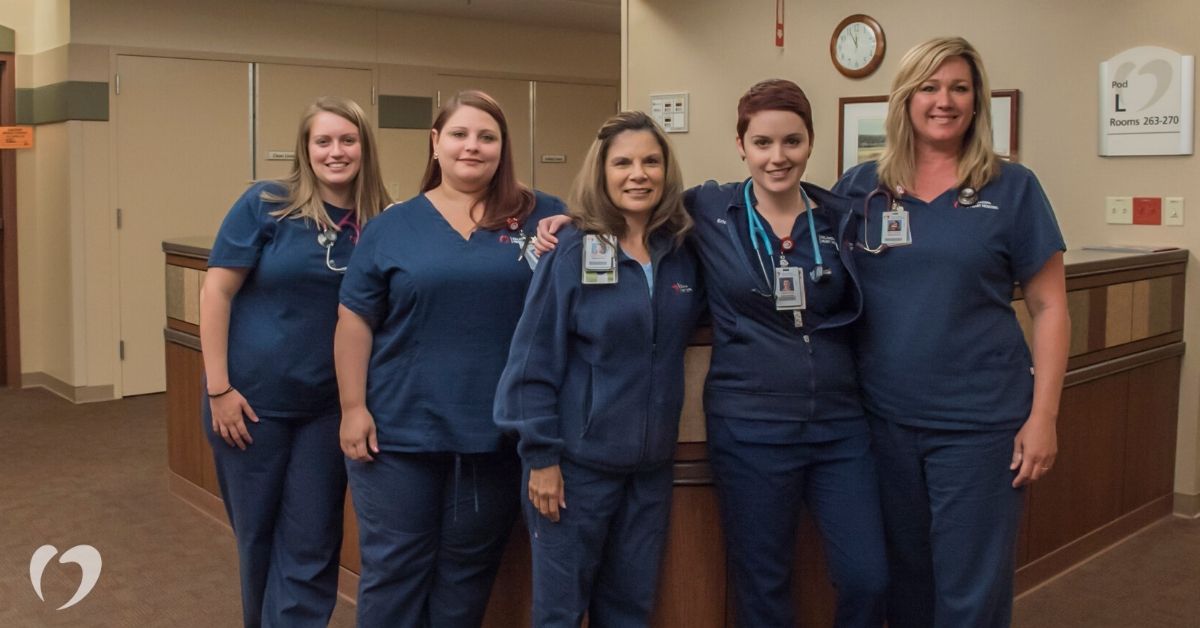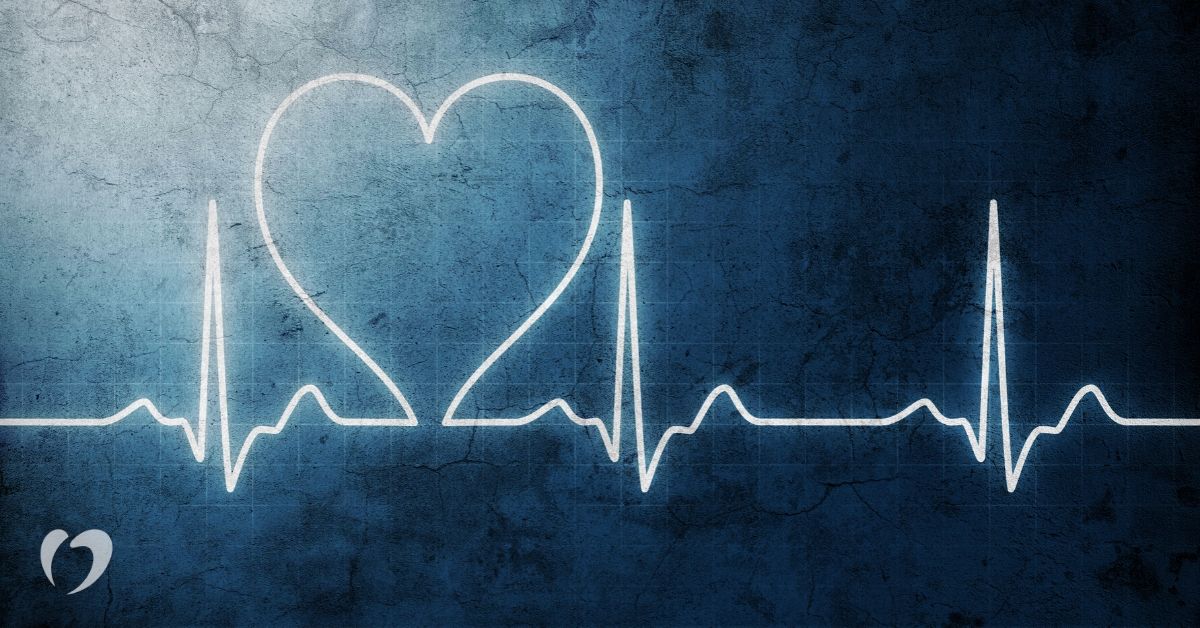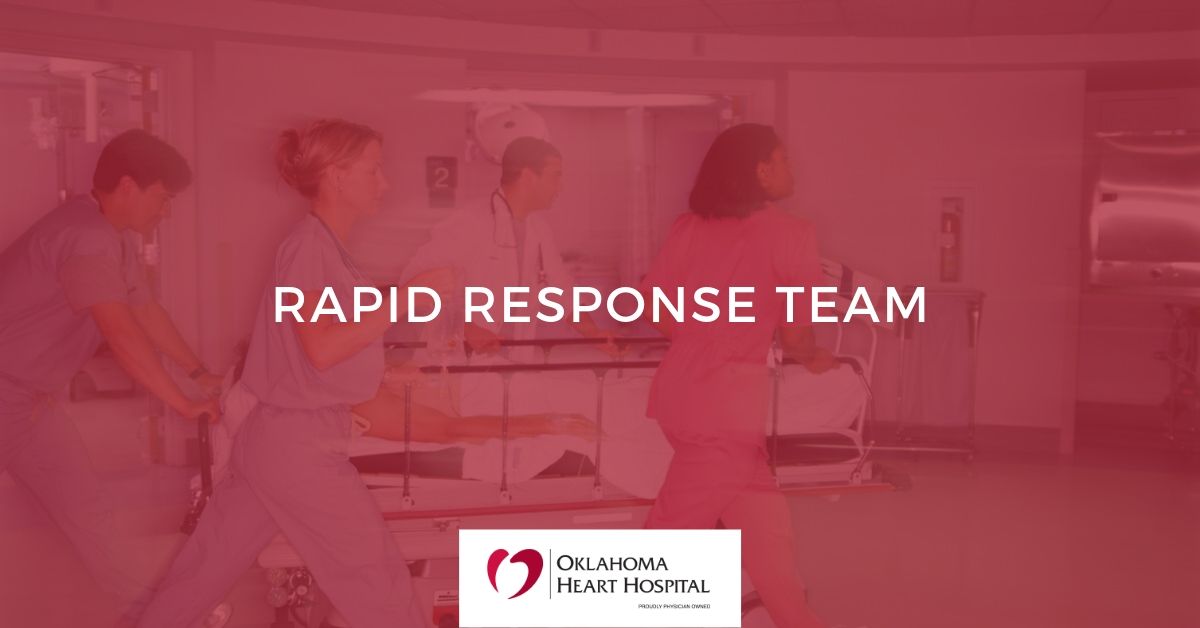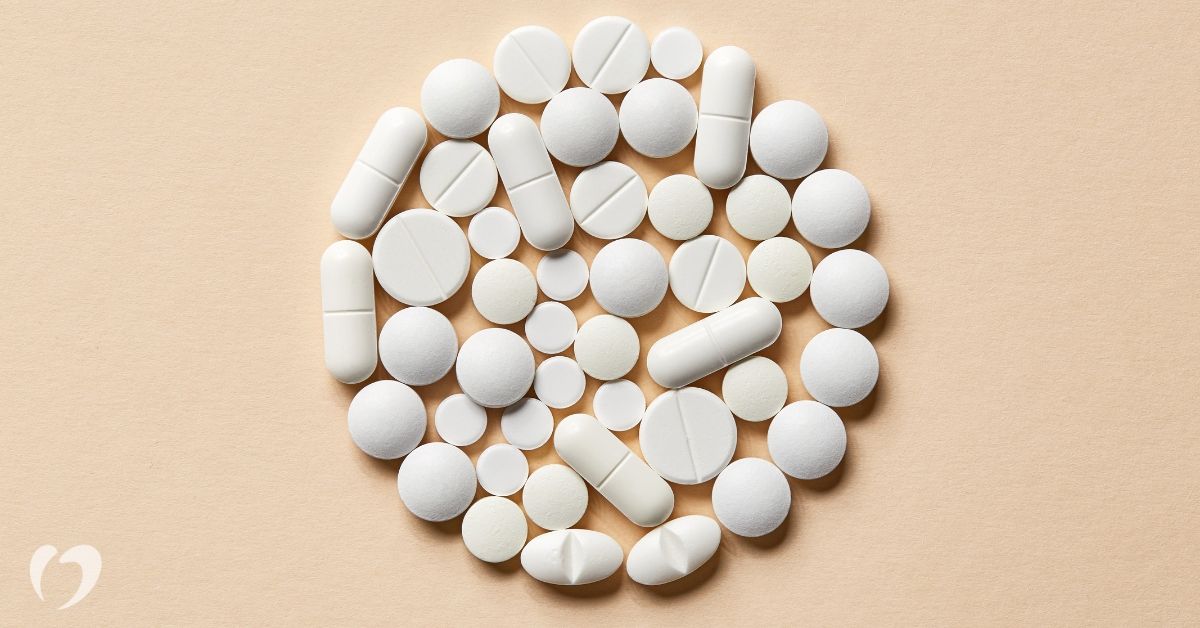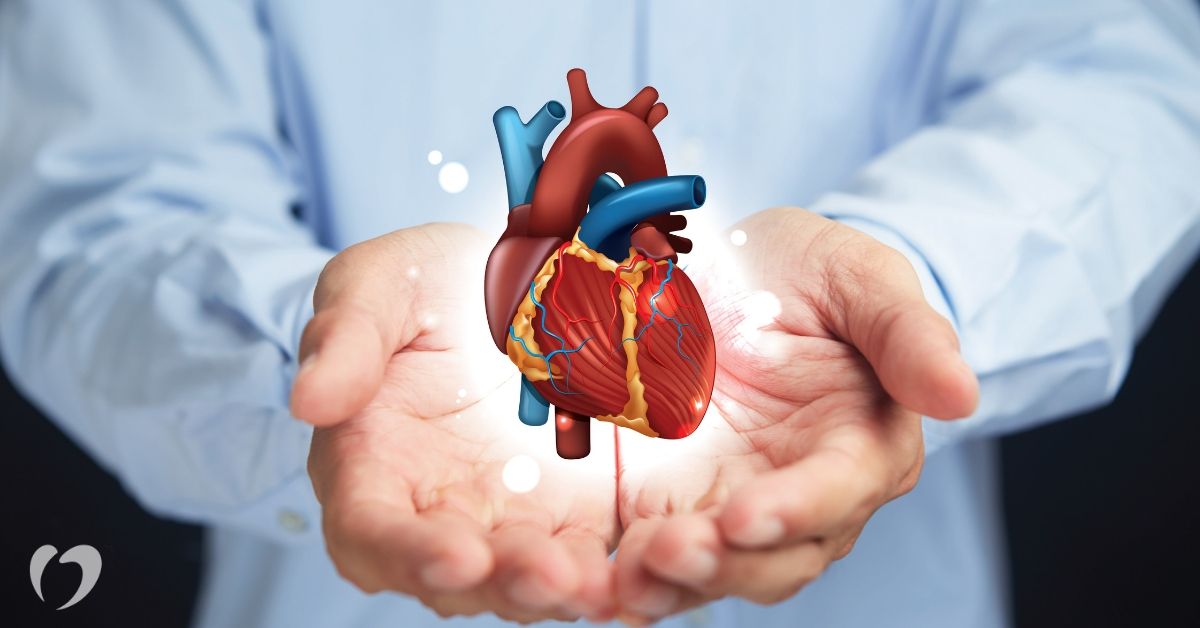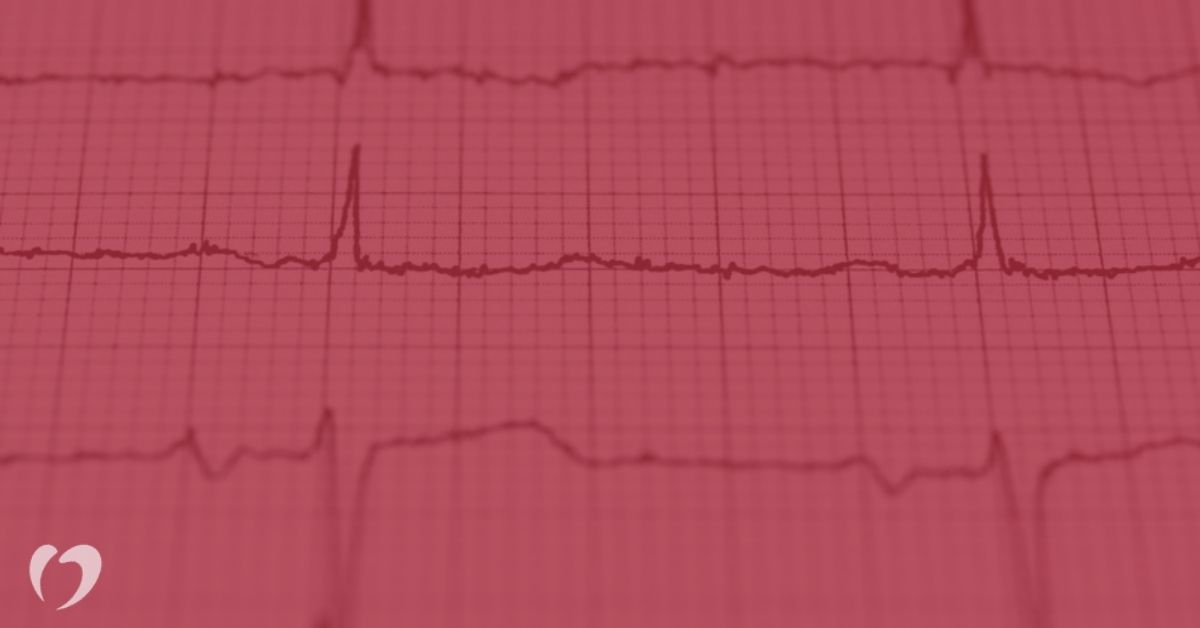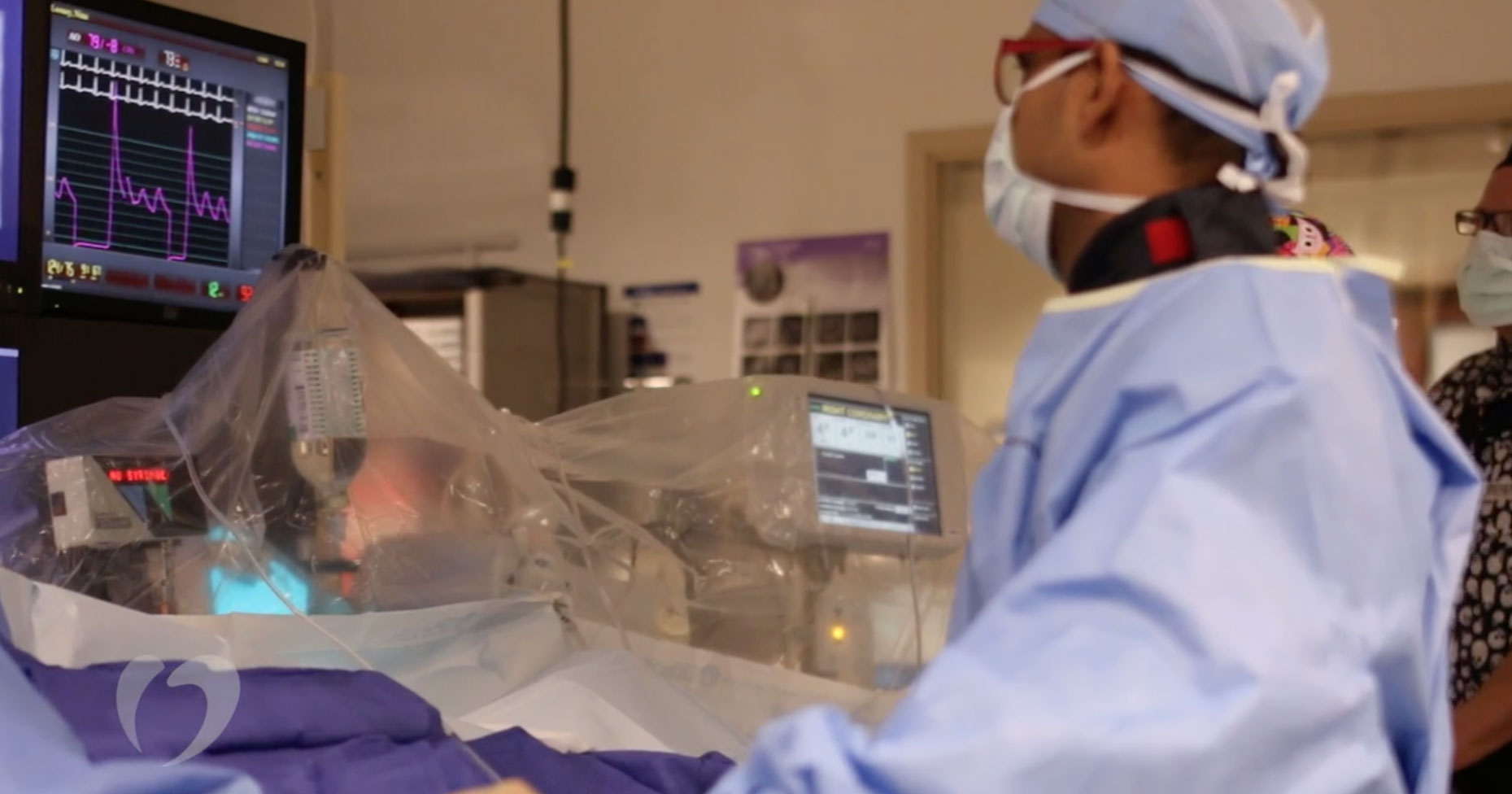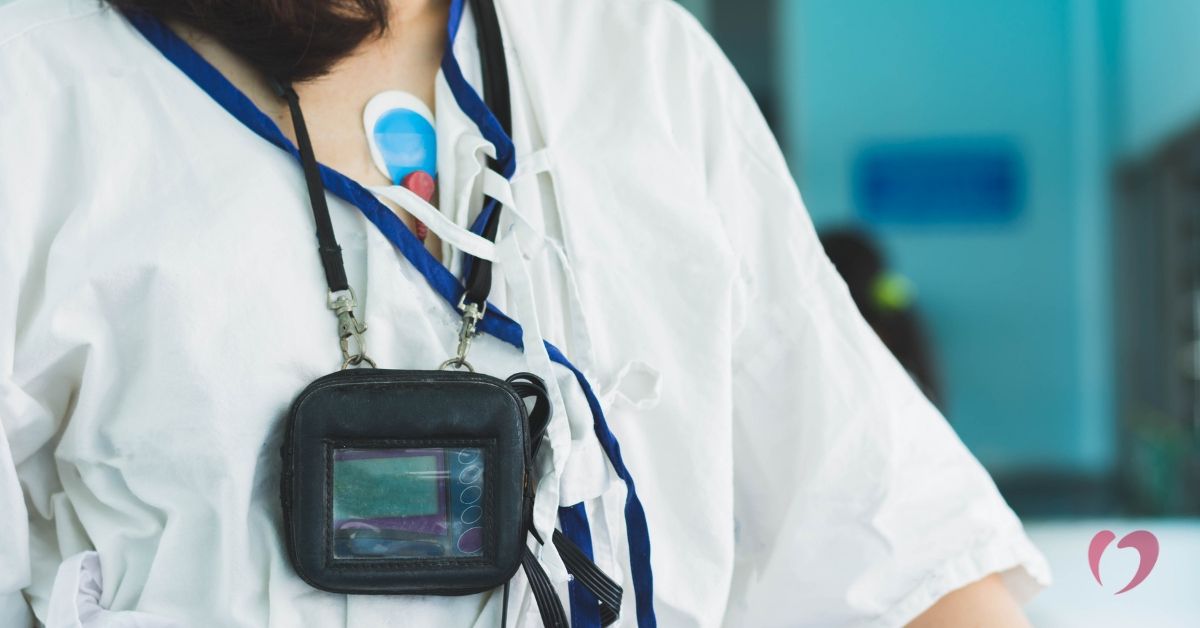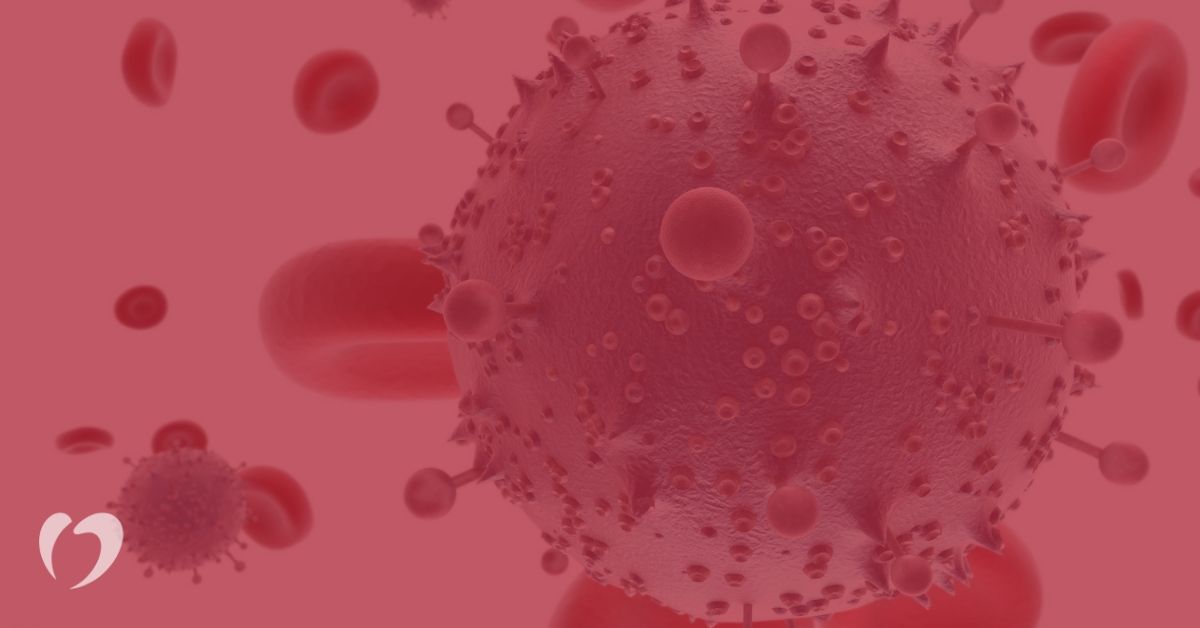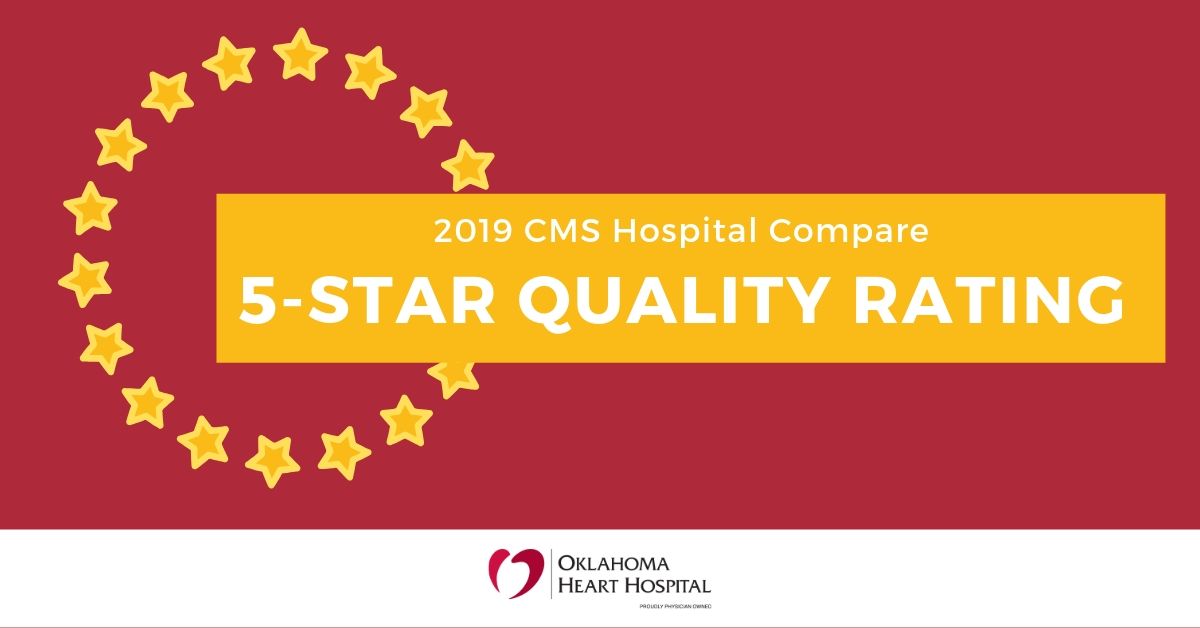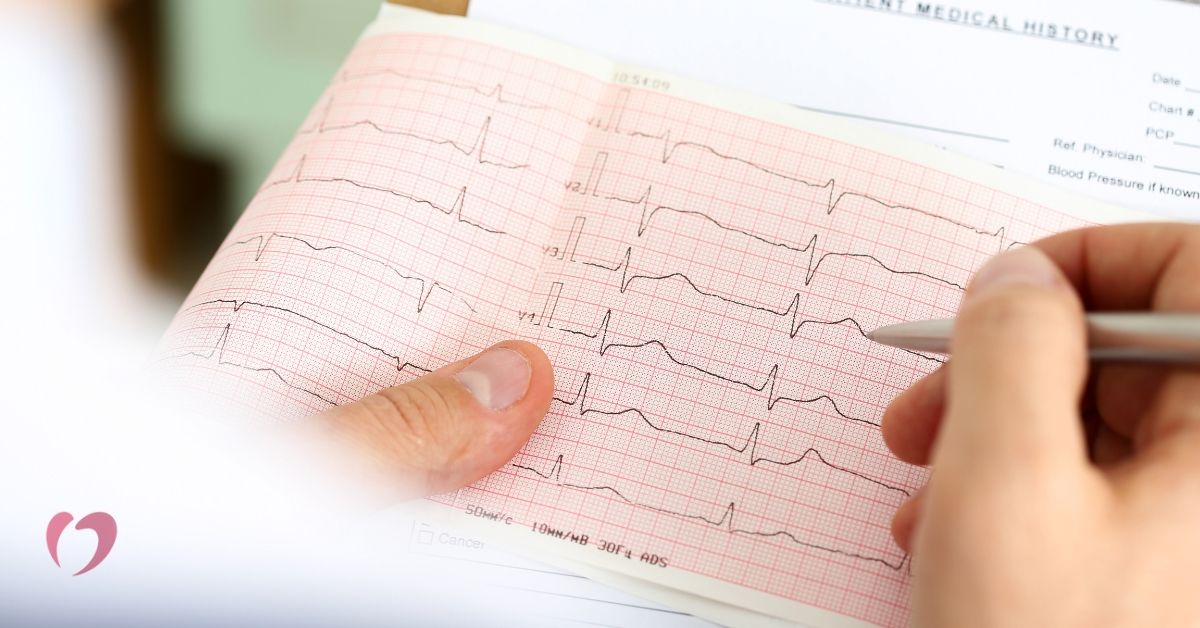CPR Saves Lives
Cardiopulmonary resuscitation (CPR) saves lives. When the heart stops beating due to cardiac arrest, CPR can keep blood flowing to the brain and vital organs until medical personnel arrive.
Read MoreWhy Sleep Matters for Cardiac Health
Sleep is important for the body to rest and repair itself, and it’s especially important to cardiac health. The OHH Sleep Center helps diagnose and treat a wide range of sleep disorders that may impact cardiac health.
Read MoreHeart Rhythm Issues and Pregnancy: A Cause for Concern?
Pregnancy adds extra strain to the heart, which can sometimes result in heart rhythm issues developing during pregnancy. Most are not a major cause for concern, but some cardiac problems pose a higher risk.
Read MoreDo You Have These Important Medical Documents?
Are you prepared for medical emergencies? Having the right medical documents in place helps ensure that medical care you receive aligns with your wishes even if you can’t communicate.
Read MoreHeartView CT: Finding Problems Before They Happen
When plaque builds up on artery walls, it slows blood flow, which can increase the risk of heart attack, stroke, or death. A HeartView CT at Oklahoma Heart Hospital can help assess your risk for arterial disease.
Read MoreFrequently Asked Questions About Heart Rhythm Disorders
A heart rhythm disorder, also known as an arrhythmia, occurs when the heart doesn’t beat normally. There are many different types of arrhythmias, and most can be treated with medication or catheter ablation procedures.
Read MoreAn Inside Look at Oklahoma Heart Hospital Nursing
Nurses at Oklahoma Heart Hospital play an integral role in shaping the future of cardiovascular care.
Read MoreAre Premature Atrial Contractions Serious?
Premature atrial contractions don’t often require treatment, but sometimes they can be symptoms of an underlying problem.
Read MorePre-Procedure Hygiene to Reduce Risk of Infections
Bacteria exists on everyone’s skin, and any procedure that involves an incision can allow that bacteria to enter the bloodstream. Proper hygiene prior to any medical procedure is important to reduce the risk of infection.
Read MoreRapid Response Team
The Rapid Response team at Oklahoma Heart Hospital is a resource for physicians across the state who need a cardiac consultation or who need to transfer a patient to OHH. Learn more about the valuable service they provide and how it benefits physicians and patients.
Read MoreCan Heart Rhythm Issues Be Cured?
An arrhythmia is an abnormal heart rhythm that can cause a wide range of symptoms and side effects. Through use of medications or ablation procedures, most arrhythmias can be controlled or even cured to allow patients to return to normal activity levels.
Read MoreUnderstanding Statins: Managing Cholesterol With Medication
Statins are a group of drugs that block the liver enzyme your body uses to produce cholesterol. They’re typically prescribed along with diet and lifestyle changes to help reduce high LDL cholesterol.
Read MoreThe Risks of Untreated Atrial Fibrillation
AFib is a serious heart rhythm issue that can lead to many other health conditions if left untreated. Learn more about the risks associated with AFib.
Read MoreUnderstanding Implantable Loop Recorders
An implantable loop recorder is a device that can record information about heart rhythms for 15 to 18 months. It’s typically used when other tests aren’t unable to identify an intermittent heart rhythm issue.
Read MoreCommon Types of Deep Vein Disease
Deep veins are responsible for carrying 90% of the blood to your body. Deep vein disease like deep vein thrombosis (DVT), May-Thurner syndrome, or chronic venous insufficiency can become serious and potentially life threatening.
Read MoreWhat To Expect From a Heart Valve Replacement
A heart valve replacement used to require open heart surgery, but newer minimally invasive techniques, such as robotic surgery and transcatheter aortic valve replacement, allow for shorter surgery time and quicker recovery.
Read MoreWhat is a Holter Monitor?
A Holter monitor is a wearable ECG device that can monitor the electrical activity of the heart over several days, and it’s an important diagnostic tool for identifying heart rhythm issues.
Read MoreCarotid Endarterectomy to Remove Plaque
A carotid endarterectomy is a surgical procedure to remove plaque buildup that is blocking the carotid artery.
Read MoreOHH Receives Highest CMS Rating Again
Oklahoma Heart Hospital has once again received a five-star rating for both the North and South hospitals from the Centers for Medicare and Medicaid Services (CMS) Hospital Compare. Fewer than eight percent of hospitals receive the top rating of five stars from CMS, and OHH is proud of the hard work and dedication demonstrated to […]
Read MoreUnderstanding Ventricular Arrhythmias
Ventricular arrhythmias are abnormal heart rhythms that occur in the lower chambers of the heart. They include premature ventricular contractions, ventricular tachycardia, and ventricular fibrillation.
Read More




